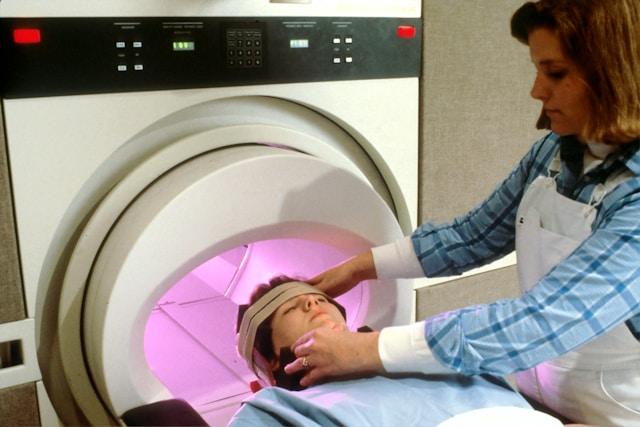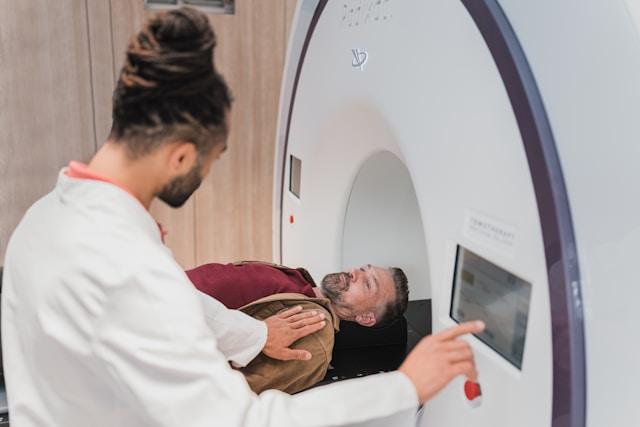Sports related injuries do not discriminate based on age or ability. Athletes, from professionals to weekend warriors are vulnerable to chronic pain as the result of injuries. Persistent pain can stall progress with rehab/physical therapy and keep individuals from returning to their activity, in some cases disabling them from other daily activities.
If you continue to experience persistent chronic pain after a sports injury, peripheral nerve surgery may relieve pain and help you return to your sport and other normal activities that may have been affected.
At Neuropax Clinics, we treat athletes for a variety of chronic pain conditions related to peripheral nerve damage. While we are not focused on the primary treatment of sports related injuries, we can offer you hope for relief of pain that has not responded to traditional treatments.
Common Nerve Related Conditions
- Blunt or repetitive injury to the neck shoulder interface (brachial plexus)
- (i.e. shoulder stinger, throwing athletes, cycling accidents)
- Chronic shoulder pain after repair or reconstruction
- Persistent elbow pain from tennis elbow (Lateral epicondylitis), golfers elbow (medial epicondylitis), elbow fractures or reconstruction (e.g., Tommy Johns surgery)
- Chronic wrist pain from sprains or fractures
- Chronic groin pain from blunt injury, groin pull, sports hernia (i.e. groin pull from repetitive soccer style kicking, stinger to the hip, etc.)
- Chronic knee pain after reconstructive surgery, multiple arthroscopies, or trauma that has no true mechanical injury only pain (i.e. MCL reconstruction. Medial meniscus repair, knee dislocation, etc.)
- Chronic ankle or foot pain(i.e. ankle sprains, fractures, tendonitis, etc.)
If these symptoms seem familiar, contact Neuropax Clinic today at www.neuropaxclinic.com or call 314-434-7784 for an appointment.





















